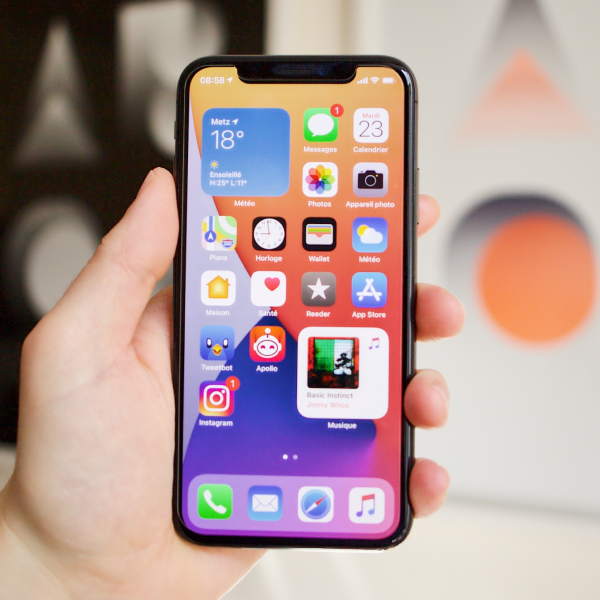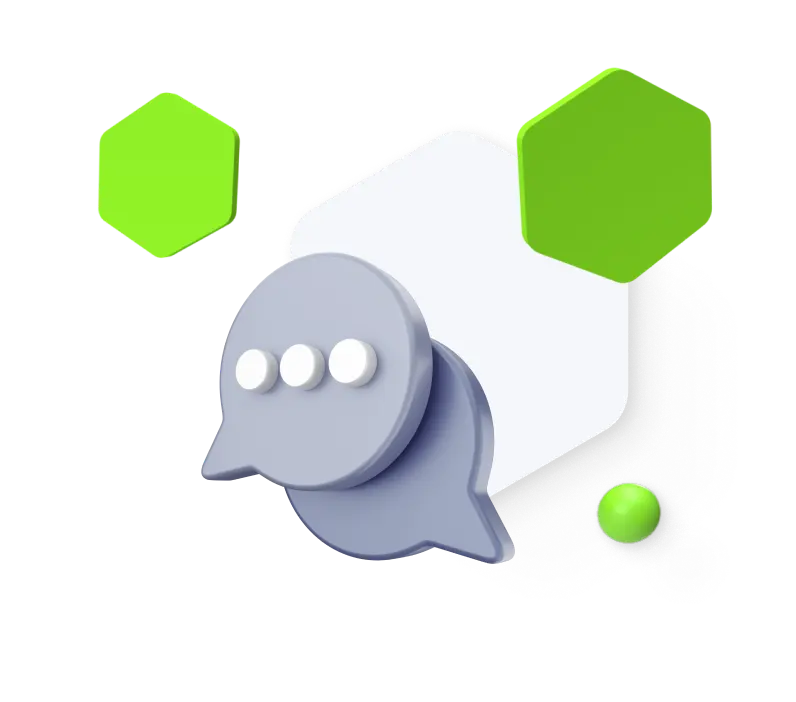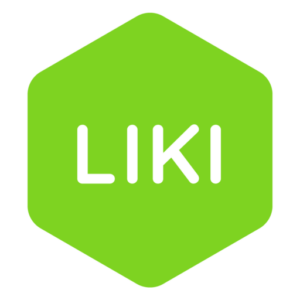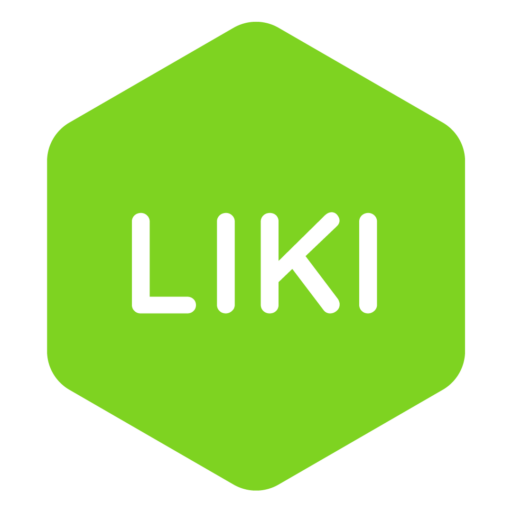Technologies
iOS Development - build a powerfull app


What is iOS development?
iOS development is the process of creating mobile applications for Apple’s iOS operating system, which powers devices such as the iPhone, iPad, and iPod Touch. iOS developers use programming languages such as Swift or Objective-C to create software that can be installed and run on these devices. iOS development involves designing, developing, and testing mobile applications that are optimized for the iOS platform, with a focus on user experience, performance, and functionality. iOS development can be done using Apple’s Xcode integrated development environment and other tools provided by Apple, as well as third-party frameworks and libraries.
Short history of iOS app development
The history of iOS development dates back to 2007, when Apple introduced the first iPhone. The original iPhone ran on a version of iOS known as iPhone OS, which was later renamed to iOS.
In 2008, Apple introduced the App Store, which allowed developers to create and distribute third-party apps for iOS devices. This opened up new opportunities for developers to create innovative and useful applications for iPhone and iPod Touch users.

Over the years, iOS has evolved through multiple versions, with each release introducing new features and capabilities for developers to work with. In 2014, Apple introduced the Swift programming language, which has since become the preferred language for iOS development.
Today, iOS development is a thriving ecosystem with millions of developers creating a wide range of applications for iPhone, iPad, and iPod Touch users. The platform has also expanded to include other devices such as the Apple Watch and Apple TV, providing even more opportunities for developers to create innovative and useful applications.
Where is iOS development used for?
iOS development is used to create mobile applications that run on Apple’s iOS operating system, which powers devices such as the iPhone, iPad, and iPod Touch. These applications can be used for a wide variety of purposes, including:
- Productivity. iOS apps can be used to manage tasks, schedule appointments, and improve work efficiency.
- Entertainment. iOS apps can provide users with games, music, videos, and other forms of entertainment.
- Communication. iOS apps can be used for instant messaging, video conferencing, and other forms of communication.
- Education. iOS apps can provide users with educational content, language learning tools, and other learning resources.
- Finance. iOS apps can be used for mobile banking, investing, and managing personal finances.
- Health and fitness. iOS apps can provide users with tools to track their fitness goals, monitor their health, and receive medical advice.
- Travel. iOS applications can be used to book flights, hotels, and other travel-related services.
Overall, iOS development is used to create mobile applications that serve a wide range of purposes and improve the lives of users in many different ways.
Usługi z zakresu rozwoju oprogramowania
01
Large and loyal user base
02
High revenue potential
03
Access to the latest technologies
04
Development tools and resources
05
Security and privacy
06
Brand reputation
There are several reasons why someone might choose iOS development as a career or for their business needs:
Large and loyal user base: Apple’s iOS platform has a large and dedicated user base, with millions of users worldwide. This provides a large potential audience for iOS applications.
High revenue potential: iOS users are generally more willing to pay for apps than users of other platforms, which can result in higher revenue for developers.
Access to the latest technologies: Apple is known for its focus on innovation and regularly introduces new technologies and features for developers to work with, such as augmented reality and machine learning.
Development tools and resources: Apple provides developers with a range of development tools and resources, including Xcode, Swift, and other iOS developer frameworks and libraries.
Security and privacy: Apple’s iOS platform is known for its strong security and privacy protections, which can be important for businesses and users who want to protect sensitive information.
Brand reputation: Developing for iOS can also provide a boost to a developer’s or business’s brand reputation, as Apple is known for its high-quality and user-friendly products.
Overall, iOS development can be a good choice for developers and businesses who are looking to target a large and loyal user base, have high revenue potential, and access to the latest technologies and development tools.
iOS development process
An iOS project is a software development project that involves creating a mobile application for Apple’s iOS operating system. The iOS project typically involves several stages, including planning, design, development, testing, and deployment.
During the planning stage, the goals and requirements of the project are defined, and a project plan is created. This can involve identifying the target audience, determining the features and functionality of the application, and outlining the project timeline and budget.
The design stage involves creating a user interface for the application, including wireframes, mockups, and prototypes. This stage also involves defining the application’s architecture and selecting the appropriate technologies and development tools.
The development stage involves writing the code for the application, which can include using programming languages such as Swift or Objective-C, and integrating third-party libraries and APIs.
The testing stage involves testing the application to ensure that it is free of bugs and glitches, and that it functions as intended. This can involve manual testing, as well as automated testing using tools such as Xcode’s XCTest framework.
The deployment stage involves submitting the application to the App Store, Apple’s marketplace for iOS applications, and making it available for users to download and use.
Overall, an iOS project requires a range of skills and expertise, including knowledge of programming languages and development tools, user interface design, testing, and deployment. It is important to have a well-defined project plan and a skilled team of developers and designers to ensure that the project is completed successfully and delivers a high-quality application that meets the needs of its users.

What programming languages can be used for iOS development?
There are two primary programming languages that can be used for iOS development:
- Swift. Swift is a modern, powerful, and easy-to-learn programming language that was developed by Apple specifically for iOS, macOS, watchOS, and tvOS app development. It is designed to be safe, fast, and interactive, with a syntax that is both expressive and concise. Swift is now the preferred programming language for iOS development.
- Objective-C. Objective-C is an object-oriented programming language that was originally developed by Apple in the early 1980s. It is the legacy language used for iOS development, and is still widely used today, especially in projects that were developed before the introduction of Swift. Objective-C is a powerful and flexible language, but it has a steeper learning curve than Swift.
In addition to these two primary programming languages, iOS app developers can also use other languages to develop iOS applications, such as C++, C#, and Java, although these languages are typically used in specific contexts, such as game development or cross-platform app development using frameworks like Xamarin or React Native.
What tools are needed in iOS application development?
To develop iOS applications, you will need a set of tools and resources. Here are some of the primary tools needed in iOS development:
- Xcode. Xcode is Apple’s integrated development environment (IDE) for developing iOS applications. It provides a wide range of tools and features, including a code editor, debugging tools, interface builder, and more.
- Swift or Objective-C. Swift and Objective-C are the two primary programming languages used for iOS development. Swift is the more modern and preferred language, but Objective-C is still used in many legacy projects.
- iOS SDK. The iOS software development kit (SDK) provides all the tools and resources needed to develop iOS applications, including the iOS framework, CocoaTouch, and Swift or Objective-C programming languages.
- Interface Builder. Interface Builder is a visual editor included in Xcode that allows you to design user interfaces for your iOS app. You can use Interface Builder to create UI components, define layouts, and connect components to code.
- Simulator. The iOS Simulator is included with Xcode and allows you to test your app on a virtual iOS device. You can test different screen sizes, device orientations, and iOS versions.
- Git. Git is a version control system that allows you to manage your app’s source code and collaborate with other developers.
- Testing tools. There are various testing tools available for iOS development, including unit testing and UI testing frameworks like XCTest and EarlGrey.
- Apple Developer Account. To deploy your app to the App Store, you will need an Apple Developer account. This provides access to various resources and tools, including beta testing tools, app analytics, and marketing resources.
These are some of the primary tools needed for iOS development, although there may be additional tools and frameworks depending on the specific requirements of your app.
iOS development services
iOS development services are services that are provided by professional developers and development companies for creating mobile applications for the iOS platform. These services can include:
Custom iOS app development: Development of custom iOS applications that are tailored to a client’s specific needs and requirements.
iOS app design: Design of visually appealing and user-friendly interfaces for iOS applications, including wireframes, mockups, and prototypes.
iOS app testing: Thorough testing of iOS applications to ensure that they are free of bugs, glitches, and other issues that could impact their performance and user experience.
iOS app maintenance and support: Ongoing maintenance and support for iOS applications, including bug fixes, updates, and feature enhancements.
iOS app integration: Integration of third-party APIs, web services, and other components into iOS applications.
iOS app optimization: Optimization of iOS applications for performance, speed, and usability.
iOS app migration: Migration of existing applications to the iOS platform.
iOS app consulting: Consulting services for businesses and organizations that need guidance on iOS app development, design, and strategy.
Overall, iOS development services can help businesses and organizations to create high-quality and user-friendly applications for the iOS platform, while ensuring that they meet the unique needs and requirements of their users.
Examples of iOS projects
Here are some examples of iOS projects that can be developed for the iOS platform:
- Social media applications. Social media apps such as Facebook, Twitter, and Instagram are all available on the iOS platform. These apps allow users to connect with friends and family, share content, and engage with their favorite brands and celebrities.
- Gaming applications. Gaming applications such as Candy Crush, Clash of Clans, and Pokémon Go have all been developed for the iOS platform. These apps allow users to play games and compete with other users from around the world.
- Productivity applications. Productivity apps such as Evernote, Trello, and Dropbox are all available on the iOS platform. These apps allow users to manage their tasks, collaborate with others, and access their files from anywhere.
- E-commerce applications. E-commerce apps such as Amazon, eBay, and Etsy are all available on the iOS platform. These apps allow users to shop online, browse products, and make purchases from their mobile devices.
- Health and fitness applications. Health and fitness apps such as MyFitnessPal, Fitbit, and Nike Training Club are all available on the iOS platform. These apps allow users to track their fitness goals, monitor their progress, and stay motivated.
- Educational applications. Educational apps such as Duolingo, Khan Academy, and Quizlet are all available on the iOS platform. These apps allow users to learn new skills and subjects, practice their knowledge, and track their progress.
As you can see, there are countless examples of iOS projects that can be developed for the iOS platform, ranging from social media and gaming apps to productivity, e-commerce, health and fitness, and educational apps.

Przemek
COO

Kasia
Digital Value Manager

Piotr
Business Representative

